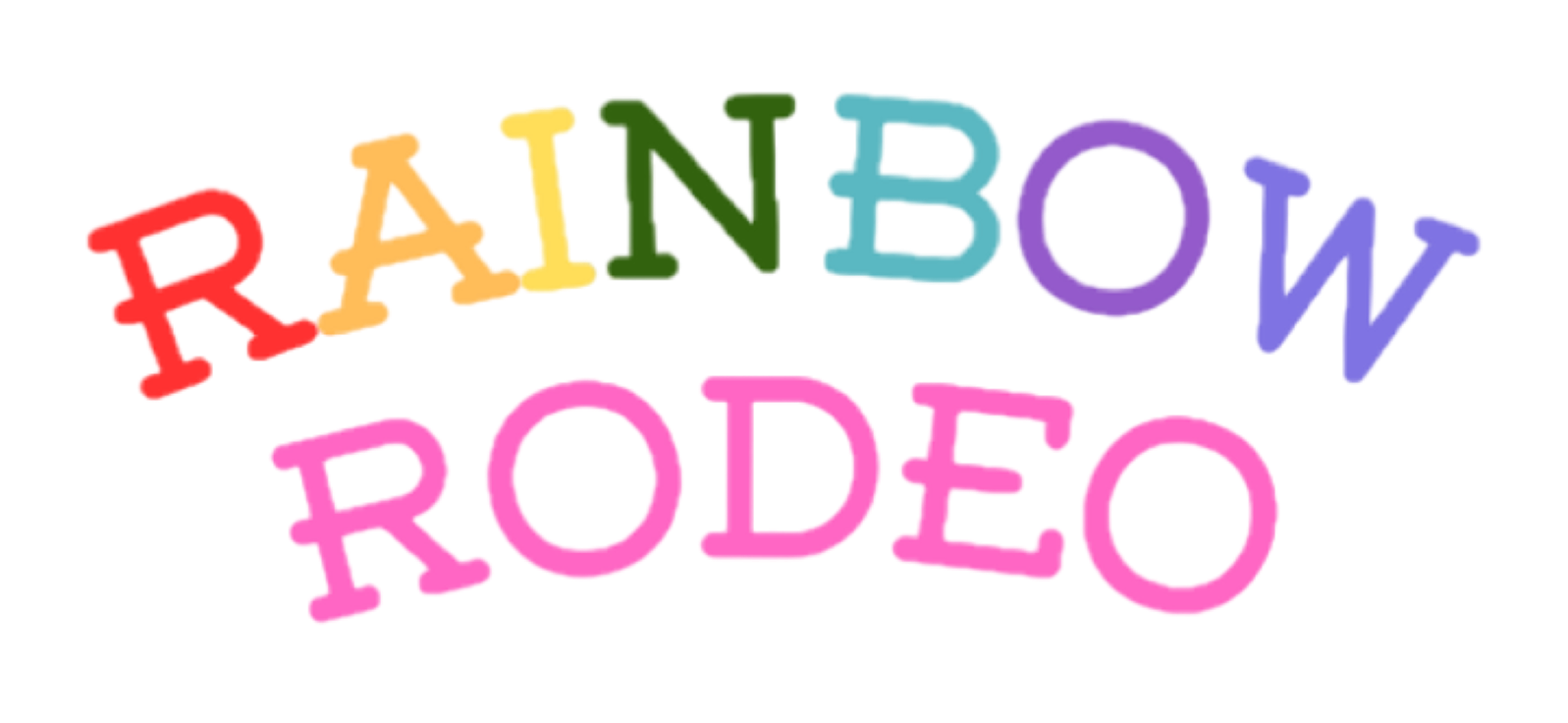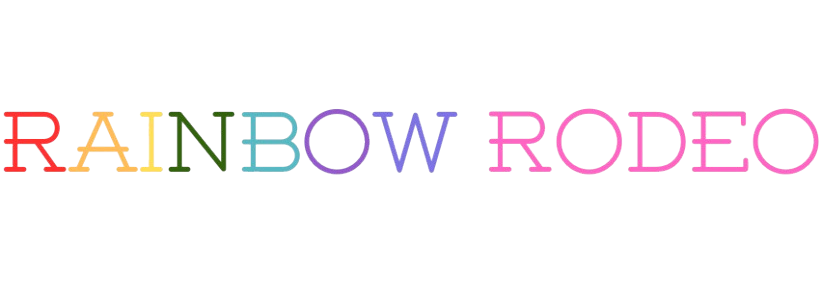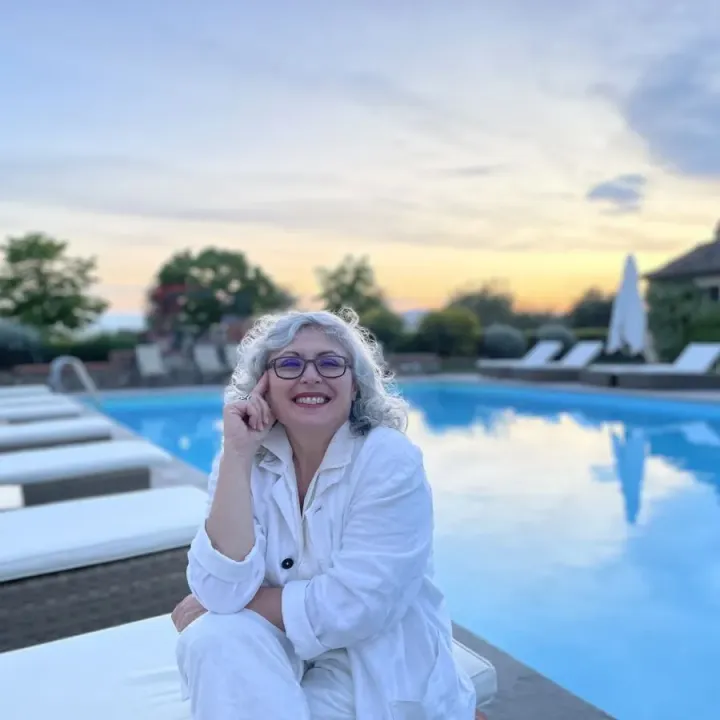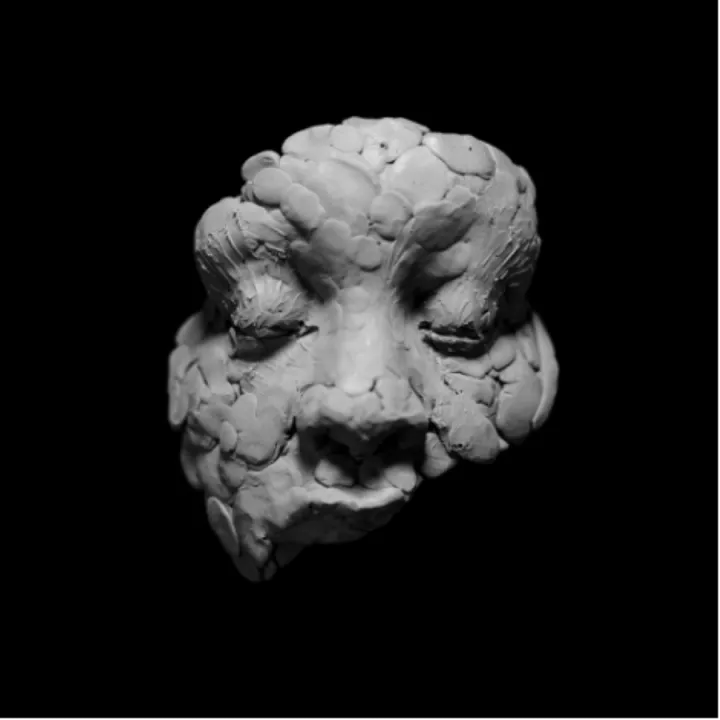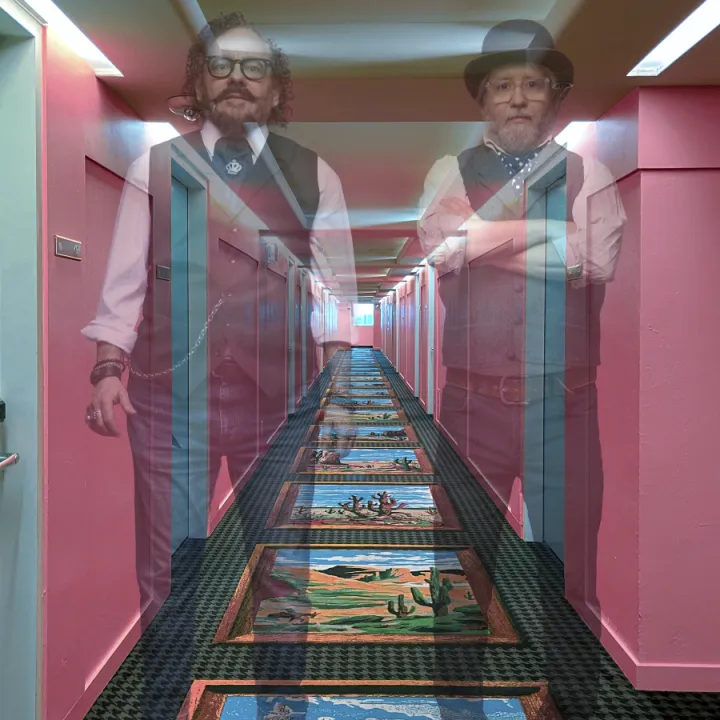INTERVIEW: Two-Spirit Singer-Songwriter Marx Cassity Goes Electric on 2Sacred
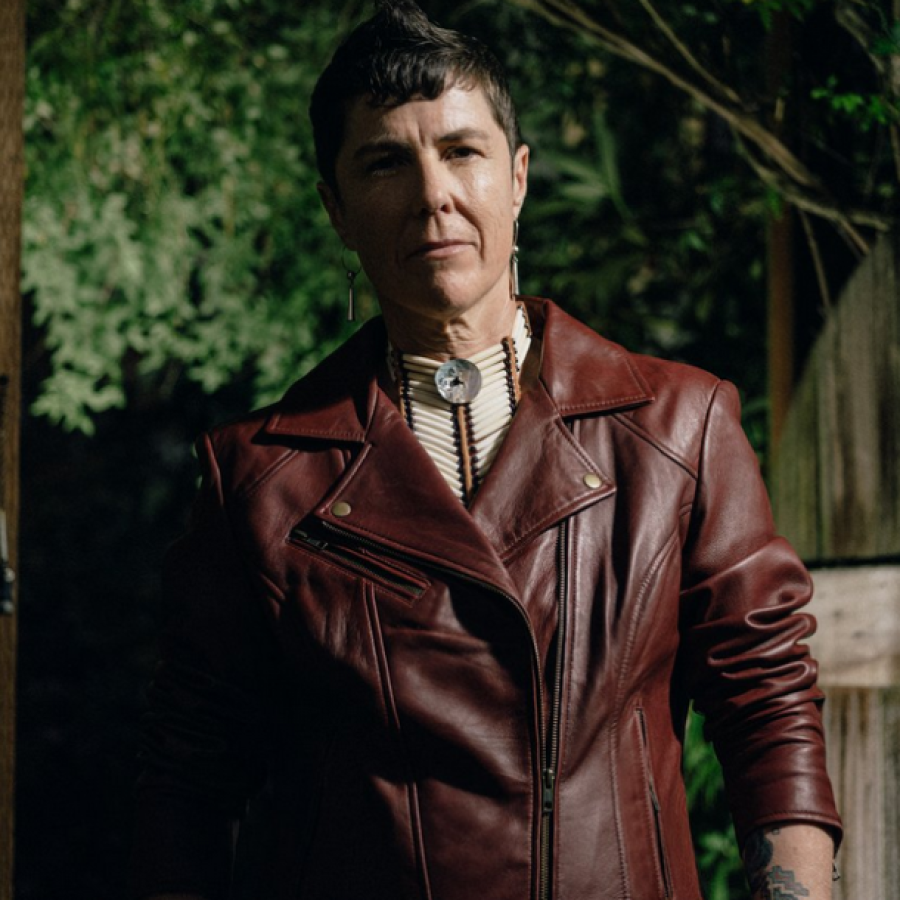
After a long hiatus from recording, Marx Cassity (Osage/Kaw) has returned with their electrified and electrifying indigiqueer synth folk album 2Sacred. (Coincidentally, we covered Marx’s 2014 album Songs From the Well earlier this month.) Cassity’s work is driven by their own commitment to decolonization, and how binary white supremacist logic impacts others. A trauma counselor by day and a musician by night (and, as we see in our interview, very early morning), Marx Cassity’s songs are as human as they get, tapping into the power of their self-embrace and their ancestors’ guidance.
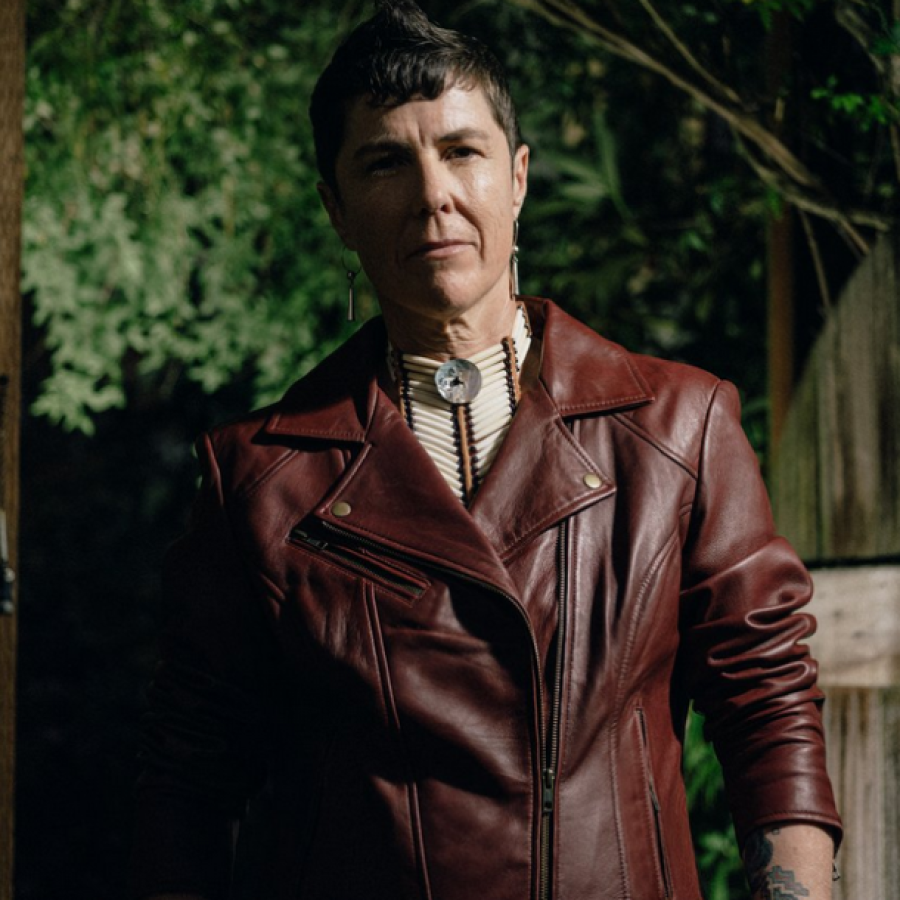
How do you approach writing music? Do you start with a thematic idea, do the songs come more or less fully-formed, or do you find yourself chipping away at a musical idea?
I definitely start with chord patterns on guitar, or with my latest project on piano. I like to get in spaces with my acoustic guitar that have a lot of echo such as stairwells, or kitchens. It’s kind of like singing in the shower with all that natural reverb. I’ll even play sitting facing a wall so the sound bounces back at me, depending on where I am. I like to get a chord pattern going, and trance out on it sometimes for hours at a time, It’s very meditative, and soothing for me, and occasionally the lyrics or themes come immediately, but sometimes I’ll live with the same pattern over and over for months or years before any lyrics come. At times, song ideas, lyrics, arrangements come through and wake me up before sunrise, I feel this as my guides and ancestors. One time I asked: “Why 4AM?” and I heard “That’s when you are quiet,” which made me laugh because it’s true.
What drew you to music in the first place?
Some of my earliest memories are being 3 years old and my mother’s three teenage sisters playing vinyl records for me and singing along. This was in the early 70’s, and we were in Oklahoma, but they had cut their hair like the Beatles, because they were such big music fans. My aunties were so cool, and encouraging, and I just naturally started singing with them and for them.
I remember standing next to the record player performing “A Boy Named Sue” by Johnny Cash for them like I was on stage, at like age 4. That song is tragic, and violent, and of course classic country which I love, and I remember being a little scared of the theme of the song, but I also remember it made for great entertainment for my aunties and mom. That experience of them cheering me on was very formative to my becoming a performing songwriter, but it did also feel really natural, for sure one of the reasons I was born. I started picking out songs on the piano by age 8, so my mother found a piano teacher for me. I always had a record player in my room, and as I got older I did deep dive listening, and singing along. Really, I guess I was studying artists like Queen, Pat Benatar, Tina Turner, and at some point my auntie loaned me her Janis Joplin albums, and that’s when I truly became a rock star in my mind and bedroom. I totally related to Janis.
2Sacred is a big departure from Songs From the Well, the last album of yours that I listened to. How did you begin incorporating more electronic elements into your music?
This project is themed in Native American LGBTQ+ struggle and resilience. When I was trying to survive as a Two Spirit young adult in the AIDS crisis, after I left living on the reservation in Oklahoma in the 80’s, one thing that helped me stay alive was music with electronic elements. Eurythmics second album Sweet Dreams, was fascinating to me, it still is. Most people know the title track, but they don’t know the album which is incredible, and timeless. It was highly experimental, and I think it’s a true masterpiece electronically as well as lyrically, with Annie Lennox and Dave Stewart co-creating it in a home studio in their flat in 1983.
For 2Sacred I wanted to bring some of that synth, 80’s influence, to sing to my younger Two Spirit self, but also with Native nuances lyrically and melodically. I recorded rough tracks on Logic with my piano, acoustic guitar, with rough vocals, and then I started playing around with a midi controller with beats and synth sounds to get the basic ideas for a demo.
I’m not that great as an engineer, it’s all self-taught. So, I took those rough demos to a co-producer/engineer Lynx DeMuth who filled things out instrumentally, and added more coherent synth sounds and beats. We recorded most of the acoustic drums at The Hallowed Halls studio in Portland, Oregon where I met Justin Phelps who is a well-seasoned, and highly talented engineer, and all-around amazing human. Ultimately, I finished the vocals for the album with Justin and my fabulous vocal coach Wolf Carr who helped me bring my voice next level while I crafted the vocals and backing vocals over the top of all the sound design. Justin and I then went deep dive on mixing it all. He was a delight to work with which is no small thing for a queer and Native artist to find.
How does your counseling work inform your art — and how does your art inform your work with clients?
When I’m making offerings to a client, that I am deeply listening and attuning to, it feels similar to when I’m in the consciousness of song crafting, by listening and attuning, and offering outloud the song ideas that come through. It also feels similar to when I’m attuning, and co-creating with other instrumentalists with the little nuances of playing off each other with sound and space. It’s an energy field that I really love, I call it “being in the pocket.” I have a Masters of Art in Psychological Counseling and it makes me really happy some academic came up with the idea of officially calling it an “art”. As far as being Two Spirit, queer people in tribal societies have always existed in history throughout the world, and are often known as having a natural capacity for counseling, healing, and being artists. I embrace that identity.
What would you like the broader community to know about Two-Spirit people?
First, that it’s a term for LGBTQ+ people with Native American heritage only, and if non-natives use that word it’s appropriation. It’s harmful if you keep using that term once you have been schooled on that fact, so yeah, don’t do that.
Also, it’s a new, or contemporary term for a very old thing. Indigiqueer people have always been, and will always be. We have old words for it such as Mi.xo.ge, in Osage. and other tribal nations have words in their languages. Some have lost their languages, so Two Spirit was a term coined in the 90’s by some Indgiqueer folks who were tired of using the derogatory language of European colonizers who upon first contact described queer Natives in over 130 tribes in what is not called the U.S. We were there, we were queer. And we still are, so get used to it.
